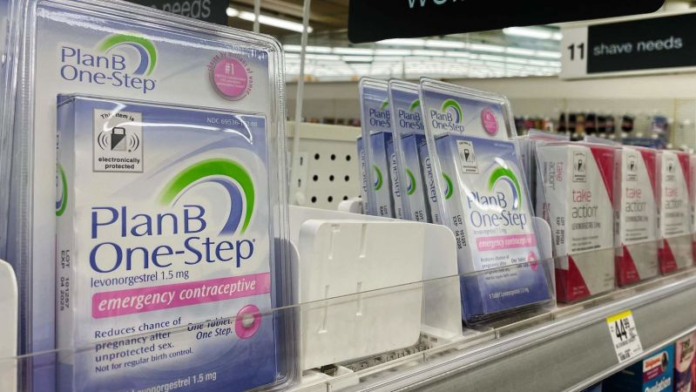CNN —
The emergency contraceptive pill sold as Plan B One-Step does not prevent a fertilized egg from implanting in the womb and does not cause an abortion, the US Food and Drug Administration said Friday. The agency said it is updating the information included on the leaflet provided with the drug.
Previously, the product label had said the pill might prevent a fertilized egg from implanting. Anti-abortion advocates had used the statement to claim emergency contraception could cause an abortion.
Scientific evidence doesn’t support that, however. Instead, the pill, which is a strong dose of the birth control hormone levonorgestrel, prevents or delays the release of an egg from a woman’s ovary – a step that occurs well before pregnancy.
“Plan B One-Step will not work if a person is already pregnant, meaning it will not affect an existing pregnancy,” the FDA says in newly updated information about the product. “Evidence does not support that the drug affects implantation or maintenance of a pregnancy after implantation, therefore it does not terminate a pregnancy.”
Get CNN Health’s weekly newsletter Sign up here to get The Results Are In with Dr. Sanjay Gupta every Tuesday from the CNN Health team.
The FDA says it made the labeling change after Plan B’s manufacturer requested it and after completing a scientific review.
Plan B is an over-the-counter backup method of birth control. It prevents pregnancy in the event that a couple’s primary birth control has failed or after unprotected sex.
Demand for emergency contraceptives, including Plan B, surged earlier this year after the Supreme Court’s decision to overturn Roe v. Wade removed the federal constitutional right to abortion.



